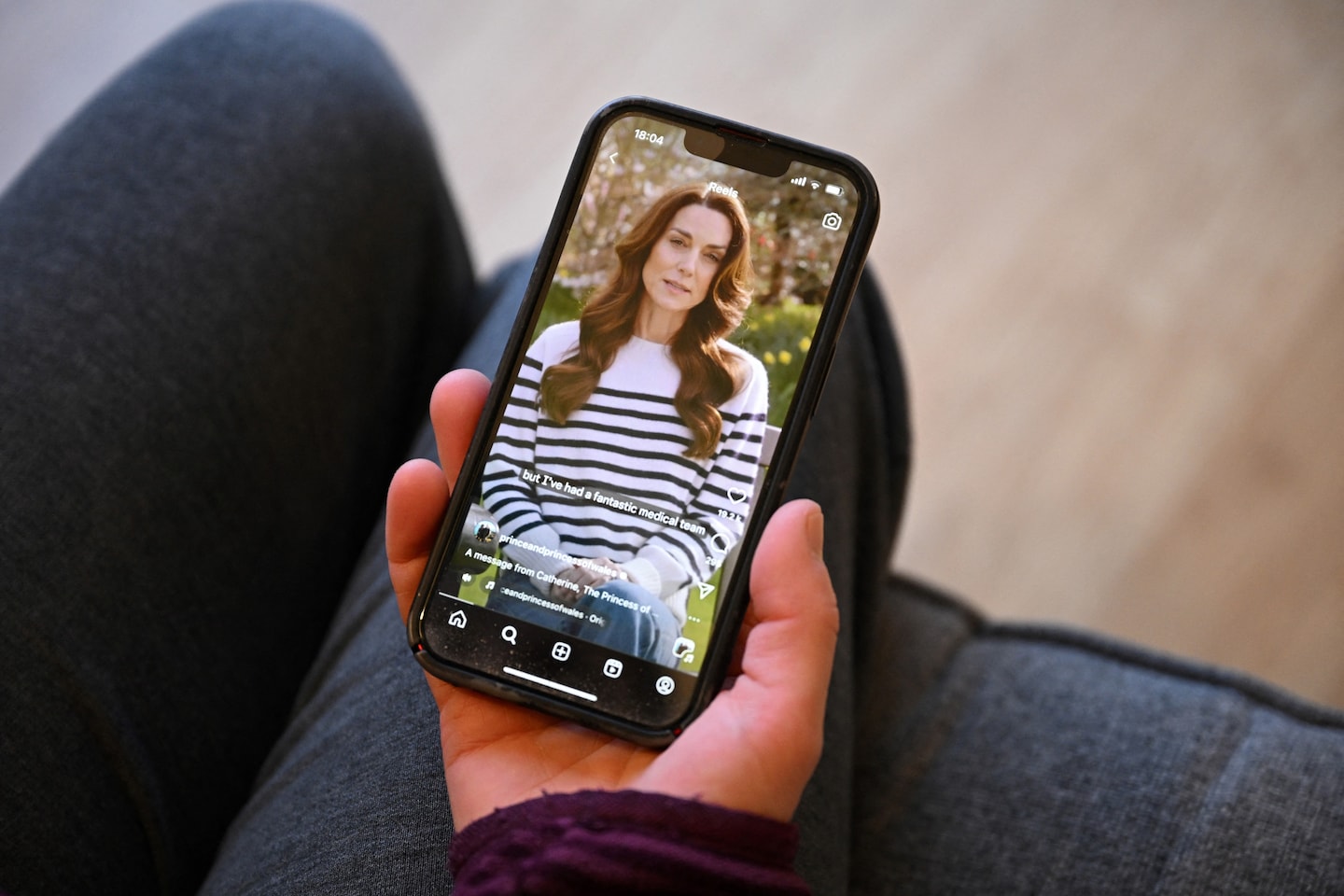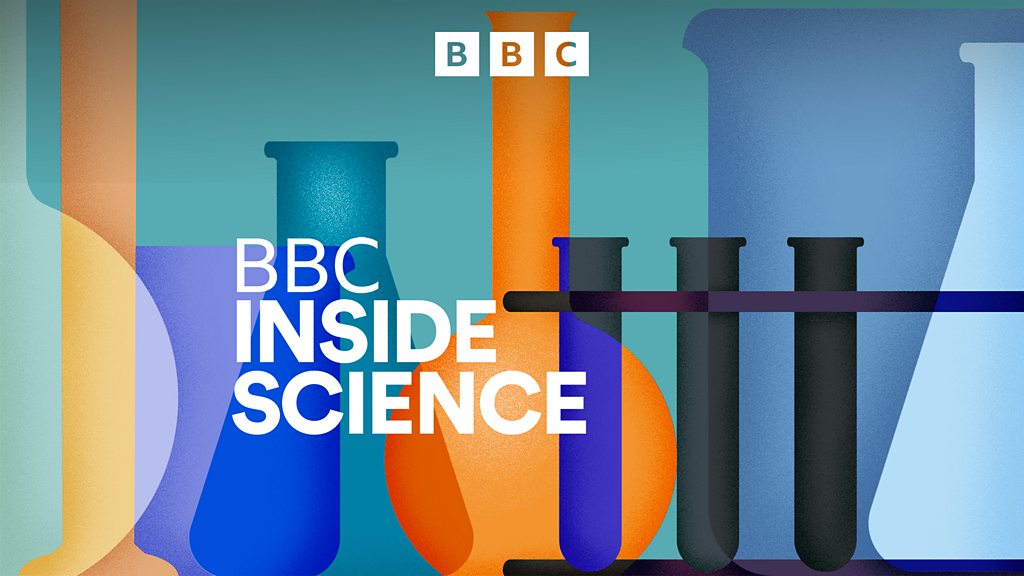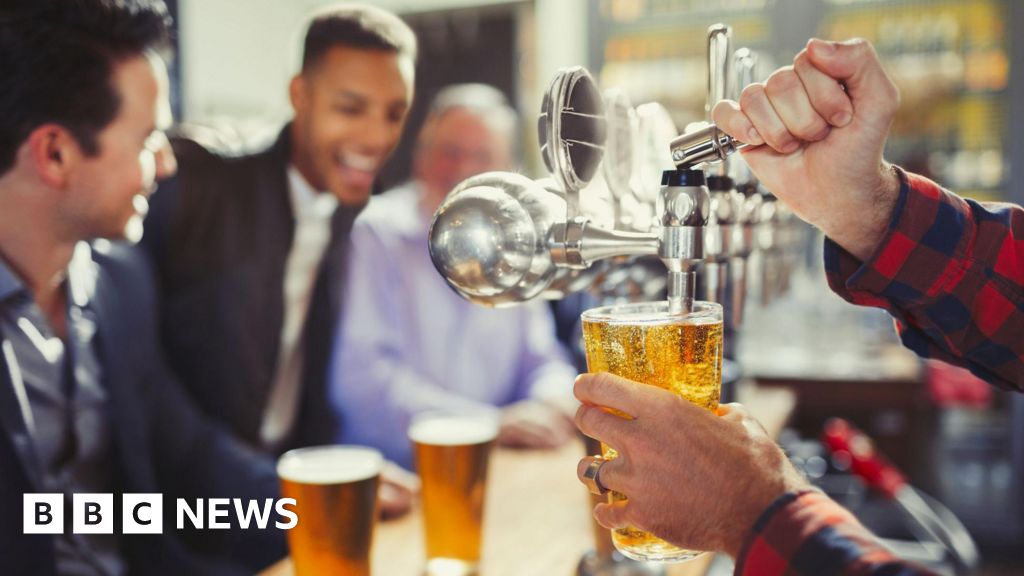
Kate Middleton cancer video spawns fresh round of AI conspiracies
- Science
- March 28, 2024
- No Comment
- 126
Users on TikTok, X and Facebook shared videos pointing out alleged AI breadcrumbs, such as a ring disappearing and reappearing on Catherine’s hand. Others said her hair moves unnaturally, or that the bed of daffodils in the background is suspiciously still.
“I don’t know what to believe anymore,” said one woman in a video with 1.4 million views on TikTok, capturing the general befuddlement around some news events and online images amid AI technology’s rapid advancement. The woman — whose TikTok bio describes her as a “world traveler, photographer, designer, and real estate investor” — then contributed to the confusion by breaking down what she claimed were signs of AI in Catherine’s recorded statement.
BBC Studios, a TV production arm of the BBC, has confirmed that it filmed the video of Catherine’s message last week at Windsor Castle, and Kensington Palace told The Washington Post that accusations of AI tampering are “factually inaccurate.” Multiple deepfake forensics experts agreed, saying they examined the video and found no signs of AI manipulation.
“All of these armchair forensic analysts out there that are claiming that they find evidence of AI manipulation, it’s a spectacular combination of ignorance and arrogance,” said Hany Farid, a professor at the University of California at Berkeley who specializes in analyzing digital images. Farid said he reviewed the video and found “absolutely zero evidence” that AI was involved.
Earlier this week, TikTok appeared to be funneling users away from searches related to such allegations. A search for “Kate Middleton cancer ai” instead showed results for “Kate Middleton cancer.” The user then had the option to proceed to results for the original search. TikTok declined to comment.
The episode highlights the growing difficulty of figuring out what’s real and what’s not in the age of AI. Already, former president Donald Trump has falsely accused an unflattering political ad of using AI-generated content, and actual fake images of politicians on both sides of the aisle have circulated widely on social media, destabilizing the concept of truth in the 2024 elections.
“AI casts a pretty big shadow,” Farid said. Major online moments are “immediately suspect,” fueling the culture of conspiracy.
Social media speculation about Catherine erupted after a series of puzzling events that left the public grasping for more information about the princess’s health and happiness. In January, Kensington Palace issued a statement that Catherine underwent “successful” abdominal surgery. Weeks passed without a public appearance by the princess. Then in early March, the palace released a cheerful photo of Catherine and her three young children, which — as it later admitted — had been edited. As major news organizations retracted the photo’s publication, the incident raised more questions and supercharged the conspiracy theories.
Then came Friday’s video, in which a wan-looking Catherine sits alone on a bench before a garden of spring blossoms. After sharing news of her illness, she describes a heartbreaking effort “to explain everything to George, Charlotte and Louis in a way that is appropriate for them and to reassure them that I will be okay.” And she asks the world to let her tend to her young family in peace.
The revelation of her cancer diagnosis stunned viewers and drew an outpouring of affection for the princess. Some online conspiracists apologized for fueling gossip about her long absence from the public stage. But fresh doubt quickly emerged as well: “Can anyone explain how nothing at all moved in the backdrop, flowers, grass, etc.” posited one user on X (who was quickly excoriated as “a moron” by a prominent British TV personality).
Wael Abd-Almageed, a professor of AI at Clemson University who develops deepfake detection software, said he and a student ran the video through their detector and found no indications of AI content. Abd-Almageed slowed the video down to examine it manually, again finding no evidence of AI tampering. If details such as her ring appear fuzzy, he said, it’s because of motion blur and the video’s compression.
Another expert, Hao Li, CEO and co-founder of generative AI video-effects company Pinscreen, agreed that the video appears to be authentic, noting the bugs that fly in front of Catherine’s face and the subtle swaying of yellow flowers in the background.
Only one AI expert contacted by The Post offered support for the suspicions: Deepfake detection start-up Deep Media, which has contracts with the Pentagon, said it found a “high likelihood” that Catherine’s voice and face were manipulated with AI.
But other experts — including Farid, Abd-Almageed and Claire Wardle, co-founder and co-director of the Information Futures Lab at Brown University — reviewed Deep Media’s findings at The Post’s request and said they found the results unconvincing.
Given that even disinformation experts now find it challenging to assess the authenticity of online content, Brown’s Wardle urged institutions such as Kensington Palace and the BBC to do more to publicly validate the images they share before online conspiracies gain traction.
The continuing conjecture around Catherine underscores the difficulty of assessing what’s real in an AI-enabled media landscape, she said — as well as the risks of relying on deepfake detectors to separate fact from fiction.
“Most people don’t have access to tools that do this kind of analysis,” Wardle said. “And even people who are saying they have these tools, they’re absolutely not 100 percent certain by any means.”
#Kate #Middleton #cancer #video #spawns #fresh #conspiracies








